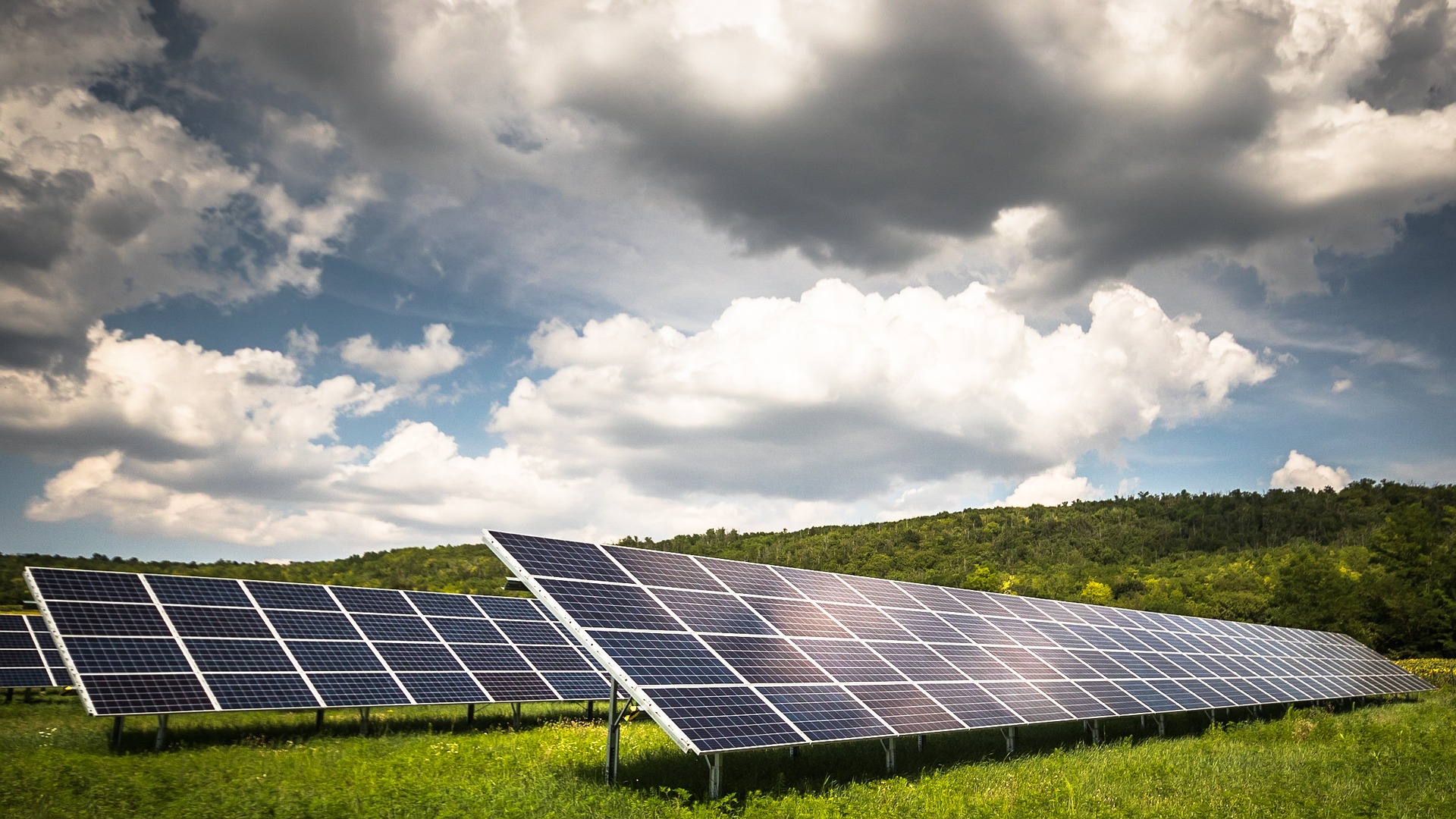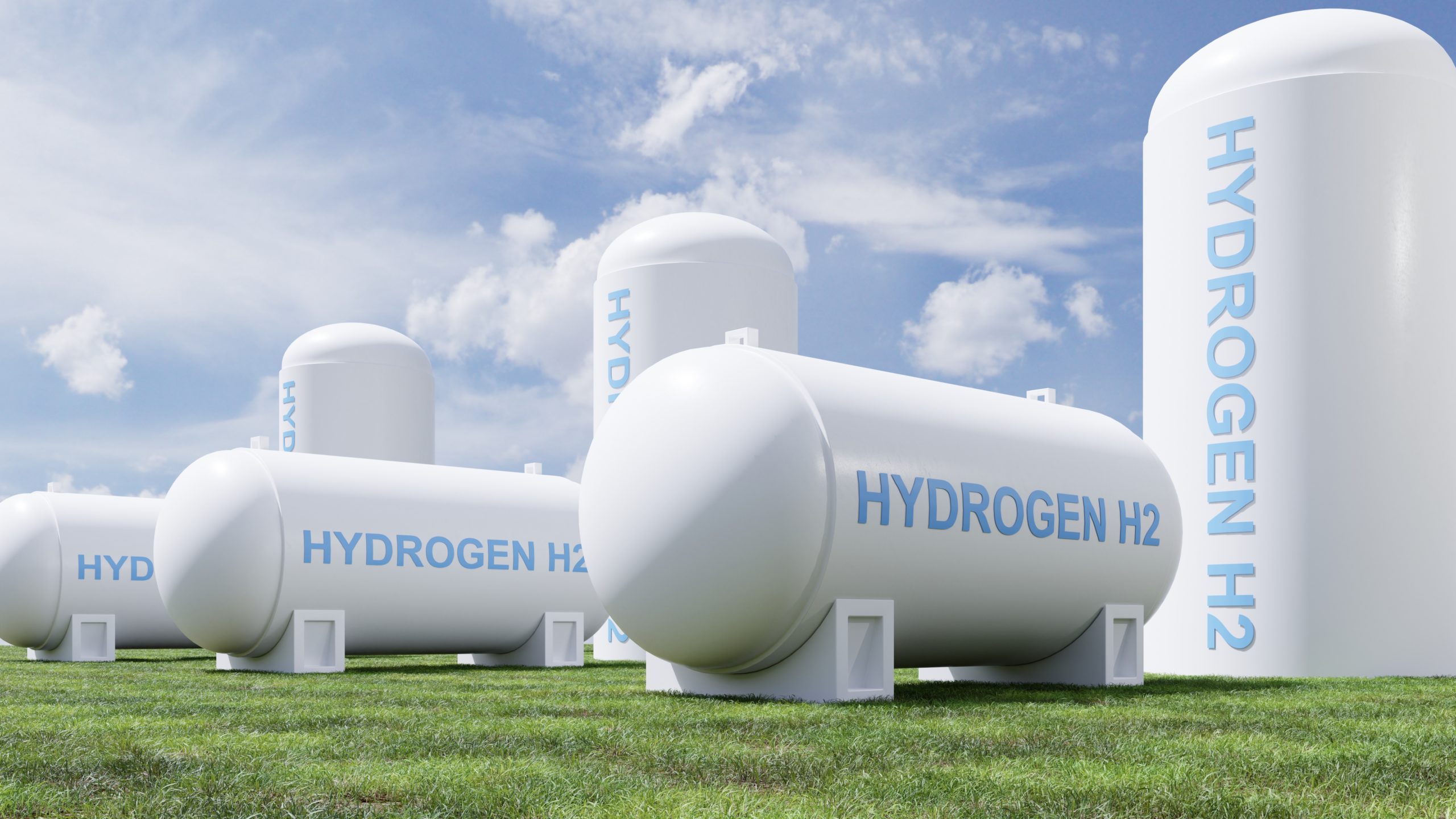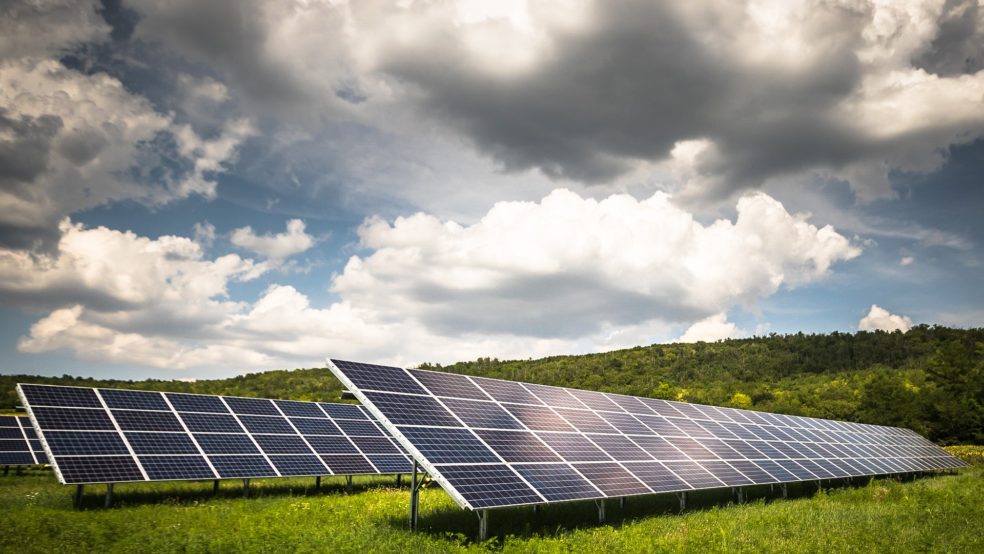Surging photovoltaics (PV) demand in Europe & Opportunities for European and Chinese Players

According to think tank Ember, between May and August 2022 electricity generation data showed a record high solar power share of 12.2% in the European electricity mix – equal to about 100 TWh and an increase of 28% from last year. To compare, the coal, hydro and wind energy generated electricity stood at 16.5%, 11% and 11.7% share, respectively. The following ten countries feature the highest solar electricity generation in Europe: Netherlands (22.7%), Germany (19.3%), Spain (16.7%), Greece (15.3%), Italy (15.0%), Hungary (14.7%), Estonia (13.9%), Cyprus (13.3%), Denmark (12.9%), Belgium (12.8%). Furthermore, energy transition urgency has been reflected in the following policies:
Germany - Easter Package (2022, April 6th): The “biggest energy policy reform in decades” shall accelerate the expansion of renewable energy in Germany. It introduces comprehensive amendments to the existing energy laws to promote the buildout of renewables. The package will tackle legal challenges and streamline approval procedures on the way to climate neutrality and “energy sovereignty” that will result in the solar energy expansion rates stepped up to as high as 22 GW p.a., and Germany’s installed solar capacity shall total around 215 GW in 2030. Germany’s proactiveness in energy transition is being acclaimed around Europe and shall serve as blueprint to other countries.
European Union - REPowerEU (2022, May 18th): The plan proposes to make targeted amendments to the RRF Regulation (recovery and resilience facility) to integrate dedicated REPowerEU chapters in Member States' existing recovery and resilience plans (RRPs). Among other core objectives, solar specific targets are to ramp up the production of solar energy and diversify the energy mix of Europe, within its accelerated roll-out of renewable energy measures. The headline 2030 target for renewables is to be set at 40-45%, a massive scale-up. On top of that, “Smart Investment” was introduced: delivering the REPowerEU objectives requires an additional investment of €210 billion through 2027, – this is to be met by the private and public sector, at the national, cross-border and EU level.
Obvious growth opportunities, but dedicated market roll-out as prerequisite
Commitment to the climate change targets and securing energy supplies will provide attractive growth opportunities for both emerging European players and Chinese manufacturers which already play a crucial part in the European PV module supply. European players are catching up and implementing their solar roll-out plans on national and regional level.
But successful market positioning requires diligent planning: full transparency on regulatory framework, understanding of fragmented application and customer structures, each with specific technical and commercial requirements, embedded into a dedicated market entry strategy and a thoughtful implementation process remain as key elements.
Latest
Green Hydrogen Technology Roadmap Europe – China as Competitor or Partner?

US Semiconductor Ban on China & Implications for International Companies in China

2022 Single’s Day in China – Record set with New Players Joining the Frenzy

De-risking China – Corporate Foresight and Risk Mitigation


